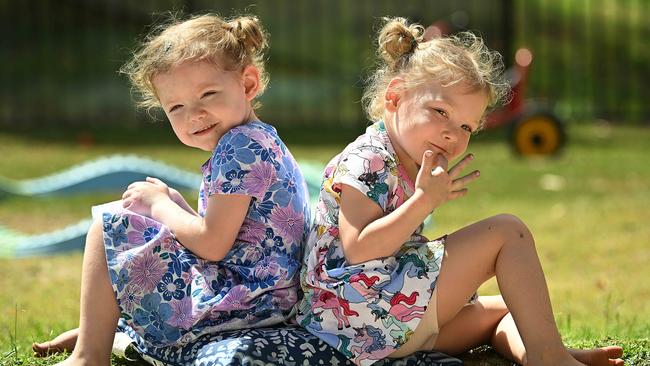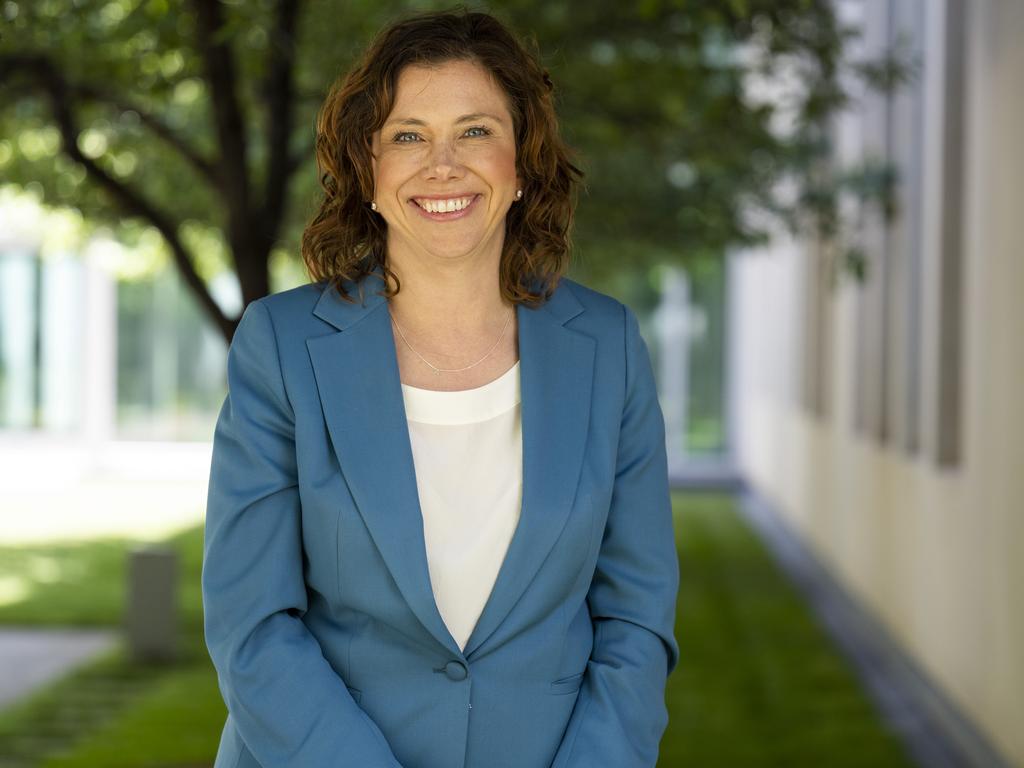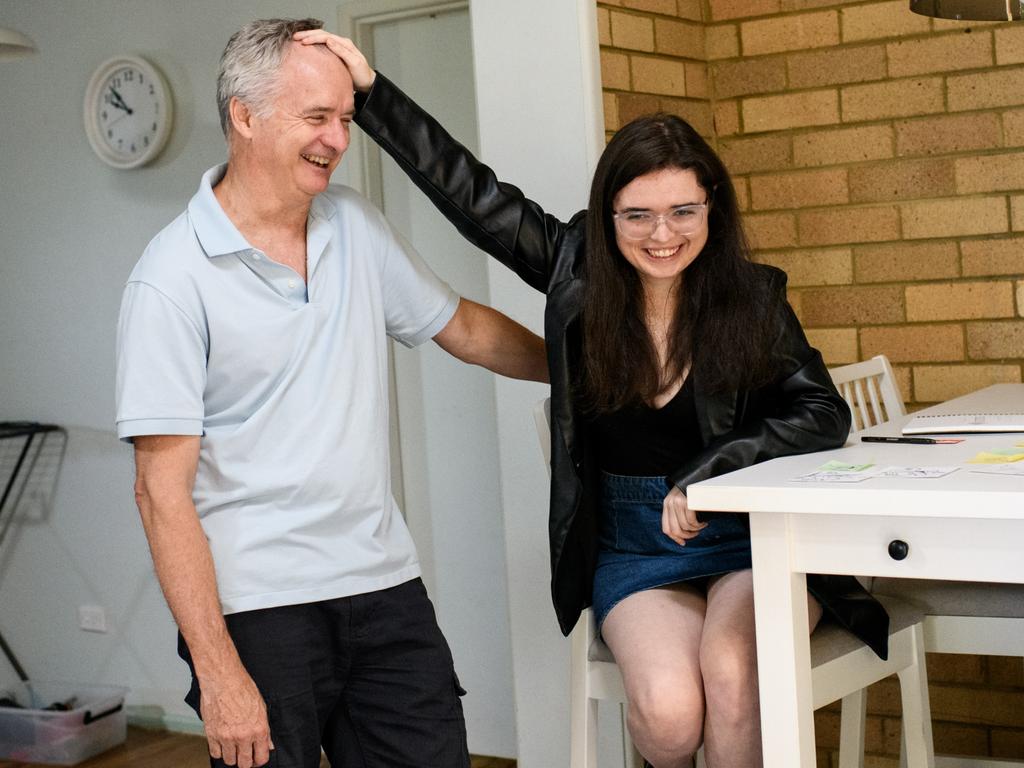Two-year delay before kids receive autism support
Australian families face an average 27 month delay between first noticing signs of autism in their child and receiving therapeutic support, a new study finds.

Australian families face an average 27-month delay between first noticing signs of autism in their child and receiving therapeutic support, wasting critical time when intervention can be most effective, a new study finds.
The research, which is drawn from almost 1000 families receiving services from not-for-profit provider AEIOU, reveals there is a 17-month average delay from when a parent first has a concern about their child’s possible developmental delay to diagnosis, and a further 10-month delay, on average, before their child starts receiving services.
AEIOU Foundation head of research and assessment Ashleigh Bullot said any delay in access to early treatment risked a child’s developmental outcomes.
One of the issues was volume. “We’re hearing stories of pediatricians getting hundreds of referrals querying autism every single week. They’re just simply unable to service this amount of referrals,” she said, pointing out that the delay is stressful for families.
“It’s not just the child that’s in limbo,” Dr Bullot said. “Two thirds of our parents are coming to us extraordinarily stressed and one third of those parents are meeting the threshold for clinically high stress.”
Bundaberg grandmother Lisa Harvey has seen both sides of the autism dilemma as she looks after her four-year-old twin granddaughters Rose and Rhylee.
Rose was diagnosed and received early intervention supports, but Rhylee’s concerns came a little later. Ms Harvey says she understands it might be 12 months or more before she can get a diagnosis or NDIS funding, and this risks making her too old for early intervention support.
“I feel like I’ve failed sometimes because I haven’t been able to access the support to help Rhylee get to where she needs to be, and it causes a lot of stress in the family,” she said. “On the other hand, with Rose, because she’s had the early intervention from a time when she couldn’t talk and couldn’t walk, she is now catching up to where she should be.”
Children with autism are the fastest-growing cohort of participants on the NDIS. Almost 57,000 new entrants to the scheme last financial year were children aged 0-14, the majority of whom had a diagnosis of autism or developmental delay.
The NDIS review has recommended children with milder levels of autism and developmental delay be supported outside the scheme in mainstream settings like schools and childcare.
The federal and state governments agreed to invest in these “foundational supports” in coming years through a new GST deal struck last December, though the states say it’s not clear how much they will be expected to pay.
Dr Bullot said new AEIOU assessment clinics would help families with a full report they could use to help fast-track a formal diagnosis and NDIS support.
“The initiative not only cuts down the diagnosis timeline, it offers interim support to families, aiding in the early identification of children’s needs and functional capacities,” she said.







To join the conversation, please log in. Don't have an account? Register
Join the conversation, you are commenting as Logout